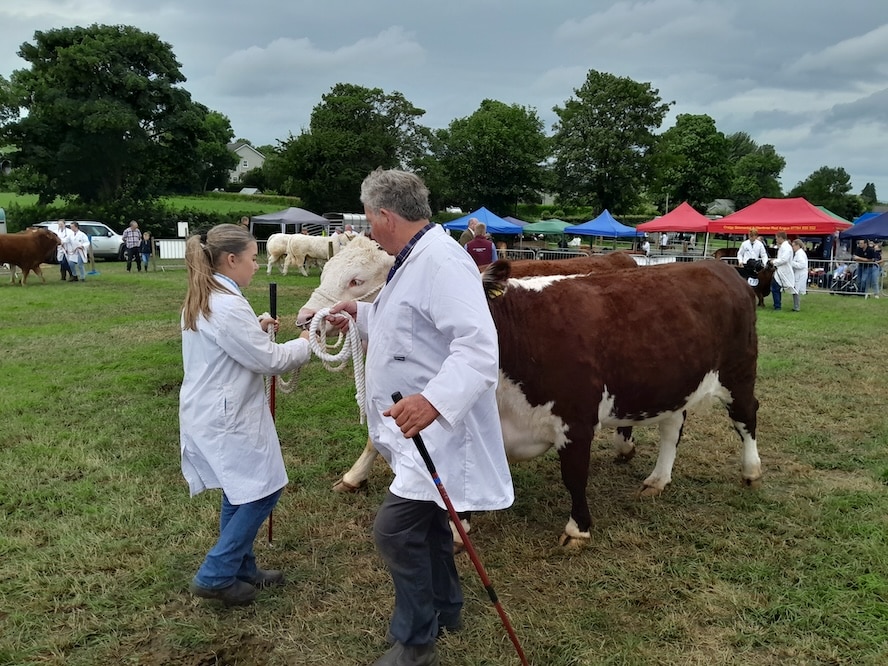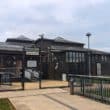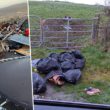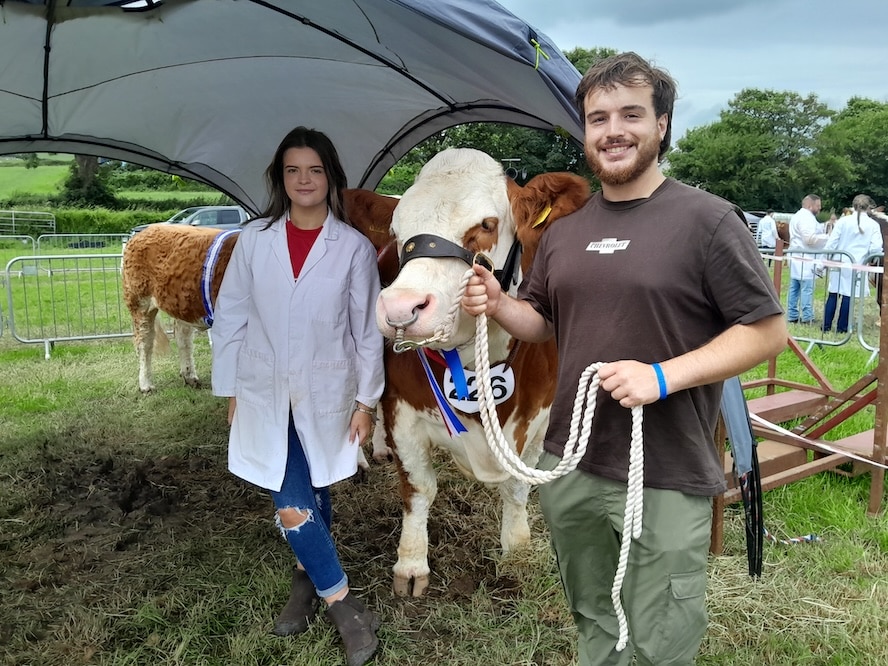
The chairman of the Newry Agricultural Show has voiced his disappointment that the Department of Agriculture, Environment, and Rural Affairs (DAERA) does not provide funding for local farming shows.
This year’s Newry Show, which took place on Saturday, cost an estimated £32,000, with organiser’s relying heavily on funding from the council and local businesses.
Brian Lockhart, Chairman of both the Newry Agricultural Show and the Northern Ireland Shows Association, stated that funding the show “is difficult”.
“We’re not looking for massive amounts of money, we’re only looking for small amounts of money in comparison to their (DAERA) overall budget,” he said.
In May, Mr. Lockhart briefed members of the Northern Ireland Agriculture, Environment, and Rural Affairs Committee on the need for DAERA funding for local farming shows across Northern Ireland.
Northern Ireland is the only part of the UK and Ireland which does not receive government funding for farming shows.
Yet despite his lobbying efforts, Mr. Lockhart does not believe the situation will change any time soon.
“Every Minister who comes in says they’re going to look at it, but they never actually do anything,” he remarked.
Despite the funding concerns Saturday’s Show went off without a hitch, with hundreds of people from across Northern Ireland taking part in events.
Mya Sloan was attending her first ever Newry Show, competing in the Valais sheep competition.
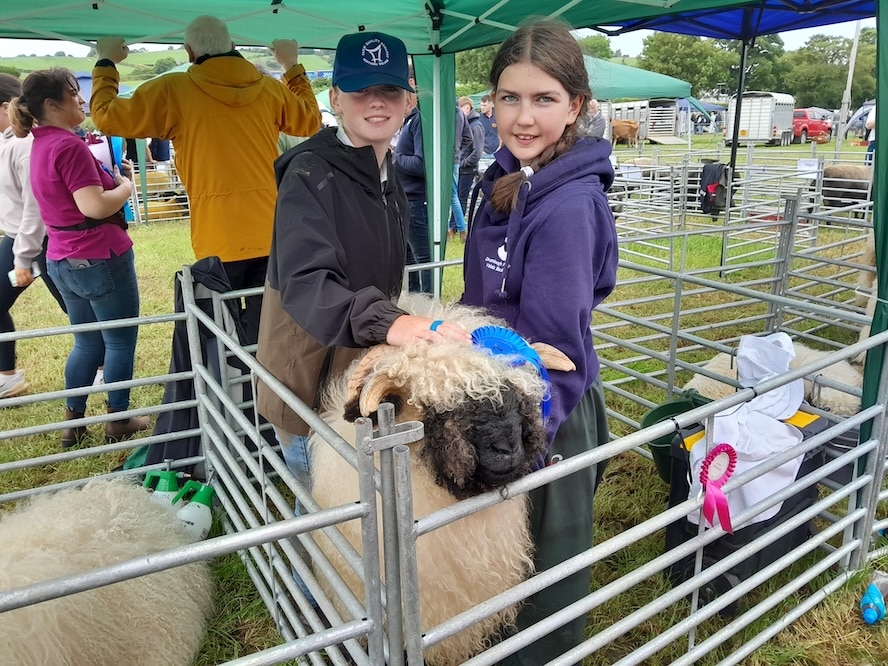
Cara Crummy and Mya Sloan
“I love that…it can give people a chance, who are a really young age…to hold their sheep in front of the judge and show how much knowledge they have.”
For Ciara Fitzpatrick, a beef farmer from Attical, the Newry Show provides an opportunity to promote her business.
Being awarded prizes “gets your name out there to other breeders…you’d definitely make sales from it”.
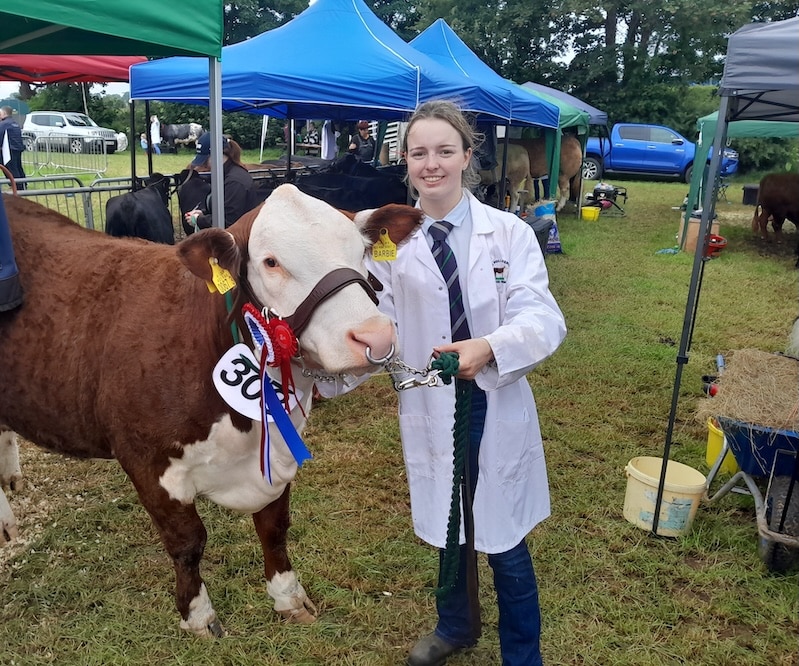
Ciara Fitzpatrick
And for others, attending the show is a hobby.
Lisa Dornan lives in North Belfast and first began farming Oxford Downs sheep on her father-in-law’s farm three years ago.
“It’s something I never thought I would do to be honest because I’m from North Belfast.”
Yet even though Lisa is not a full-time farmer, her aim when competing is the same: “Winning. It’s nice to get the red rosette after all the work you put in.”
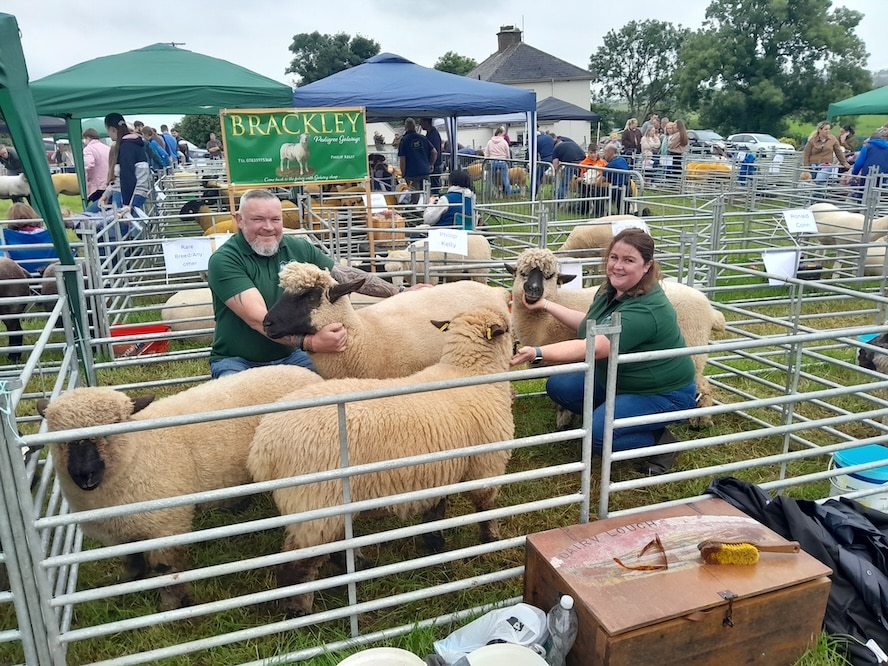
Lisa Dornan
The work involved in preparing the animals for the show is substantial and can begin months in advance.
For Ciara Fitzpatrick, the preparations begin from almost the moment her cows are born.
“I pull out whatever my top ten calves are…you put them onto a feed plan to keep them in good condition…and see where we go from there coming up the shows.”
For the lucky few that are chosen to participate, a great deal of work goes into getting them show-ready.
“You’re trying to keep them clean,” says Stephen Irvine, “the white goats are harder to keep clean. We would put coats on them…and then bed them in fresh straw every day to try and keep them white but there’s no guarantee of that.”
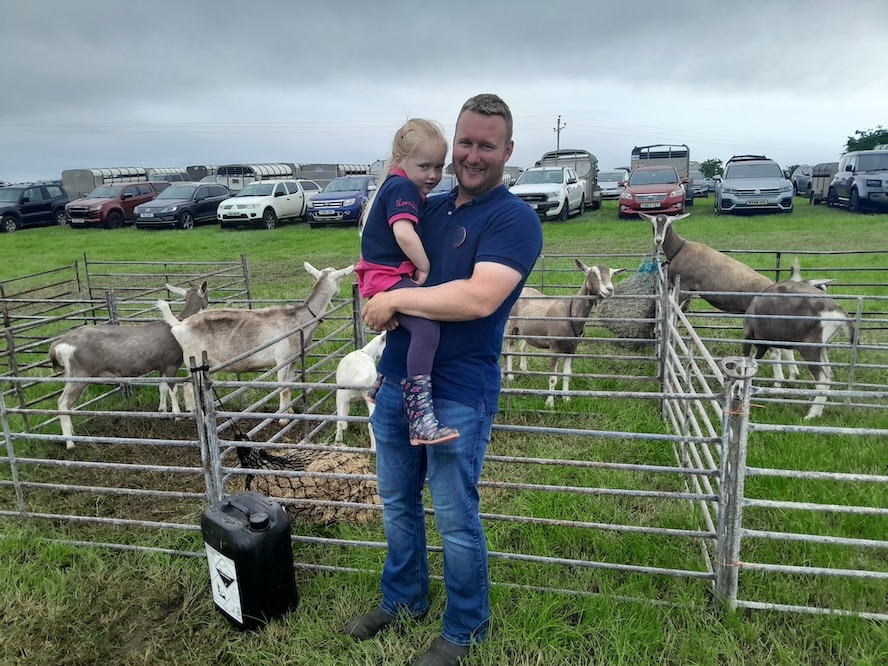
Stephen Irvine
The Newry Show is part of the larger Northern Ireland Show circuit.
And with there being a show almost every weekend during the summer months, for most attendees, the work didn’t end on Saturday.
“This is our fourth show this year,” says Jessica Magee, a pygmy goat farmer, “we’re sort of halfway now…we’ve got Castlewellan next and Clougher Valley then.”
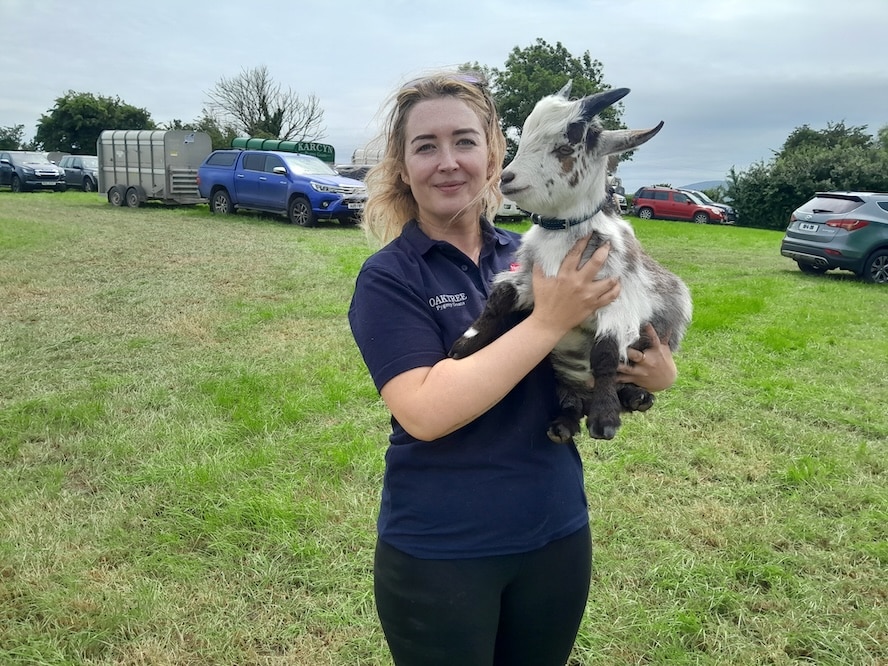
Jessica Magee
The situation is no different for Brian Lockhart. With so much money needing to be raised to make next year’s show a similar success, the work starts straight away.
“It goes from one year to the next,” he said. “So as soon as this one’s over you’re looking to see what you can do better.”
But in the end, the work put in is worth it to keep one of Newry’s oldest events alive.
“The Newry Show’s been running from 1869…it’s part of the community.”
